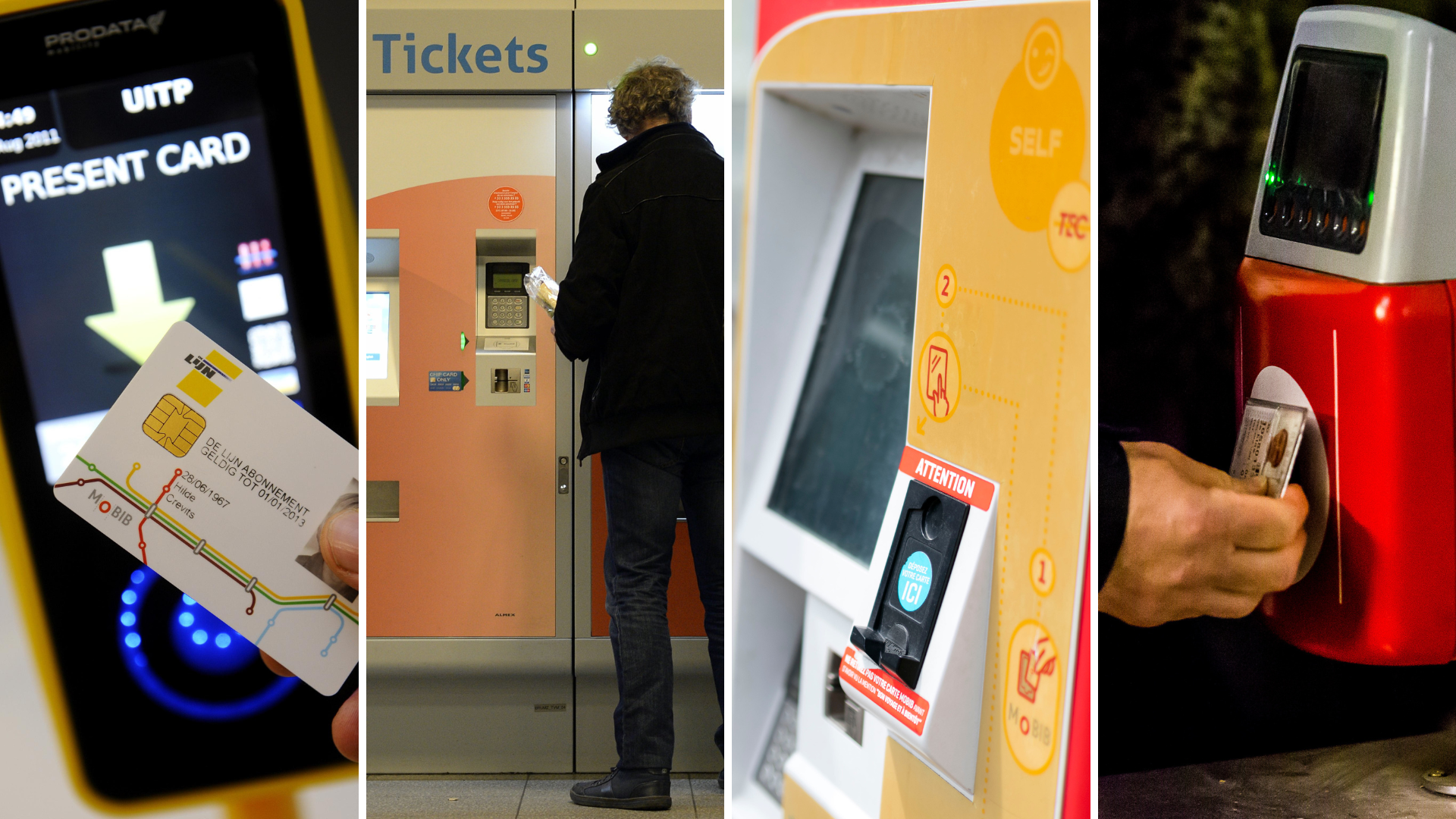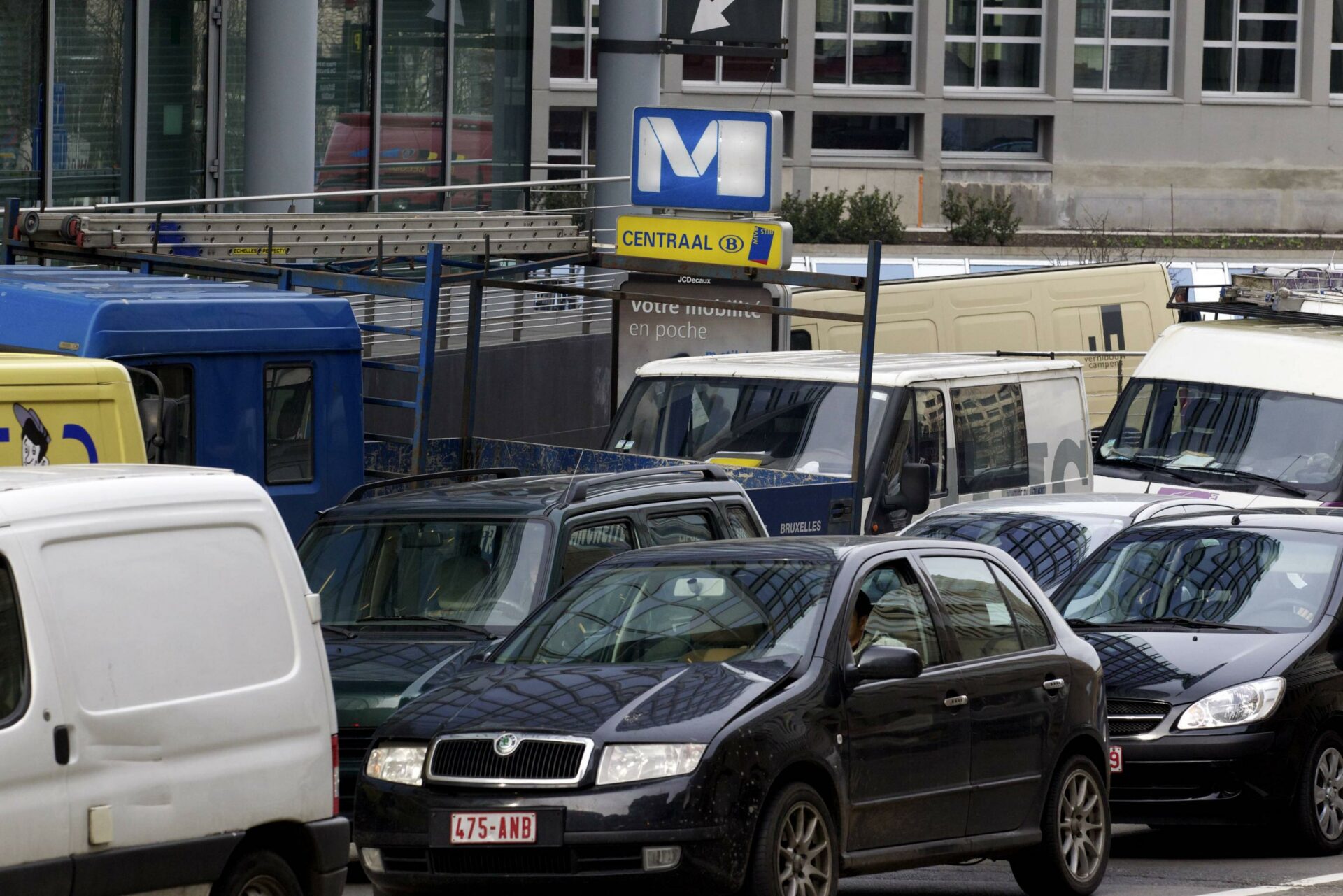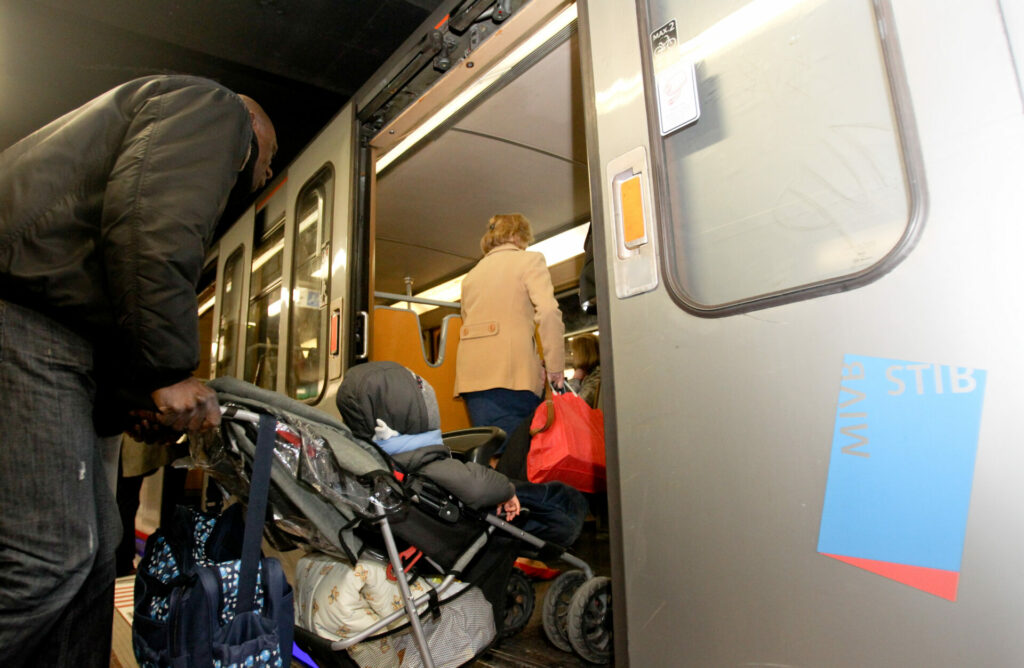When it comes to the affordability of public transport in European countries, Belgium scores relatively highly. However there is still much to be done to improve the accessibility of services and make them a more popular option, Greenpeace insists.
The multinational environmental organisation analysed the affordability and ease-of-use of public transport in 30 European countries and their capitals. In many cases, it highlighted the excessive cost. Belgium was ranked in 12th place and Brussels specifically came in 13th among the cities analysed.
"Affordable public transport is a necessity but many governments treat it like a luxury good," said Greenpeace EU transport campaigner Lorelei Limousin.
Bulgaria, Croatia, Greece and Norway scored lowest in the affordability ranking for national transport – such as inter-city trains – whilst Dublin, London, Paris and Amsterdam ranked worst for the capitals. While Belgium and Brussels scored relatively well, improvements are needed, the organisation argued.
One ticket fits all?
Public transport in Belgium is complicated by the country's regions operating four different public transport networks. This can make travelling from one point to another very complex – and costly – given the relatively short distances. At present, separate tickets are required for each public transport operator.
"A unified ticket at an affordable price would be a major improvement in Belgium. Paying €5,000 per year (the current price for a ticket that works on all those networks) is really out of many people's price range," John Hyland, Greenpeace Europe's spokesperson, told The Brussels Times.
The analysis also showed that, for disadvantaged groups, this combined ticket actually comes out more expensive that buying individual tickets.
The Federal Government is, however, considering a proposal to introduce a fixed price of €7 for the unified day ticket, allowing travellers unlimited use of all buses, trams and trains for the entire day. A similar system already exists in Austria and Germany as well as in the Brussels region (the BruPass, introduced in February 2021).

Credit: Belga
Greenpeace did welcome the lower VAT that Belgium applies to public transport (6%). It explained that public transport tickets in EU countries are taxed at an average of 11% VAT – higher than many other basic services and necessities. Meanwhile the VAT on cross-border airline tickets in the EU is 0%.
Brussels benefits
Greenpeace praised the lower tariff on Brussels' public transport for younger people and the upcoming price reduction for the elderly.
Brussels residents up to 24 years old can buy an annual ticket for €12, while seniors over the age of 65 can buy a yearly ticket for €60. From July 2023, the price will also be lowered to €12. Meanwhile, some "socially disadvantaged groups" benefit from very generous discounts and people receiving certain social benefits can travel for free.

The high cost of tickets results in many people still opting for cars over public transport. Credit: Belga/ Nicolas Maeterlinck
"The only weak point in social tariffing is for people with disabilities: only blind people and carers for those with severe disabilities can travel for free," the analysis highlighted. It stressed that Brussels could learn from other cities that expand on the list of disabilities eligible for free public transport.
"The city belongs to everyone, and public transportation is the gateway to the city. That is why it is so crucial that we keep the barriers as low as possible to allow everyone to enjoy the city," Brussels Mobility Minister Elke Van den Brandt told The Brussels Times.
"STIB is already doing a lot in terms of accessibility and lower prices. We certainly are willing to investigate whether the list of disabilities can be expanded," she added.
'Climate ticket'
Overall, Greenpeace noted that many countries and cities have recently made public transport more affordable or even free, especially in a bid to cushion people’s costs of living. It cites the examples of Germany, Spain and Austria which introduced such measures and referred to them as "climate tickets."
Political and public discussion about these tickets has started in many other countries, including Belgium. Greenpeace calls on others to consider them too: "Governments must introduce simple and affordable ‘climate tickets’ for public transport, to cut people’s bills and to reduce the oil use driving our planet towards climate disaster," Limousin said.
The NGO also called on the European Commission to provide guidance and encouragement to Member States to introduce them. "We are calling on national governments and the EU to end the tax exemptions for international flights and for aviation fuel to fund these tickets, and to further improve and expand their existing public transport networks," Greenpeace concluded.

